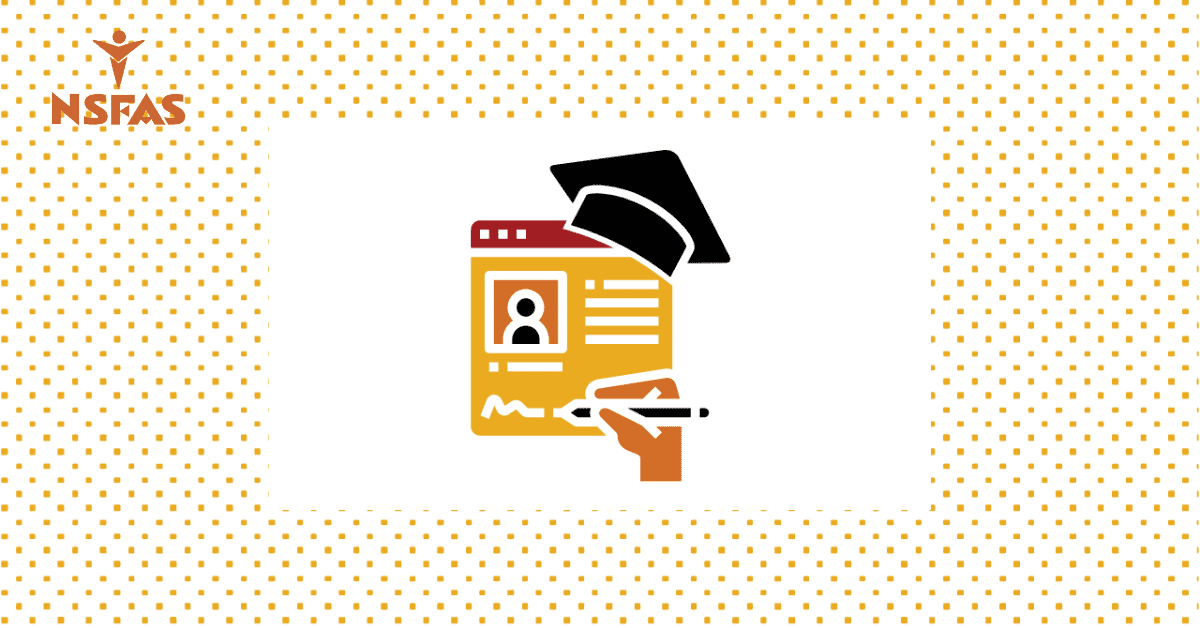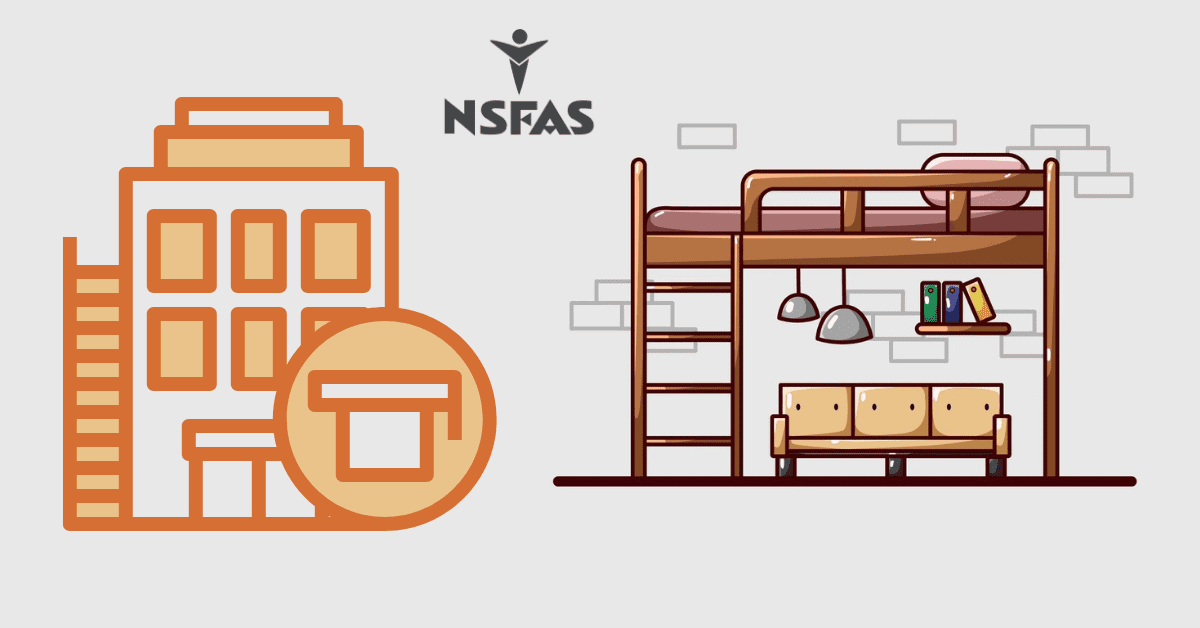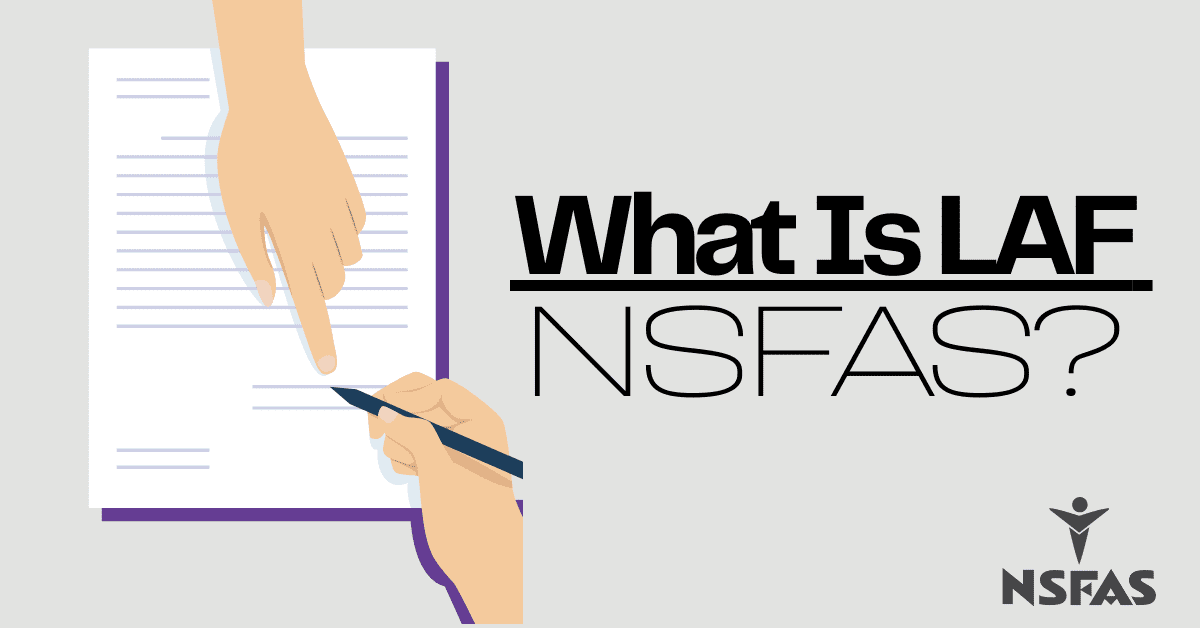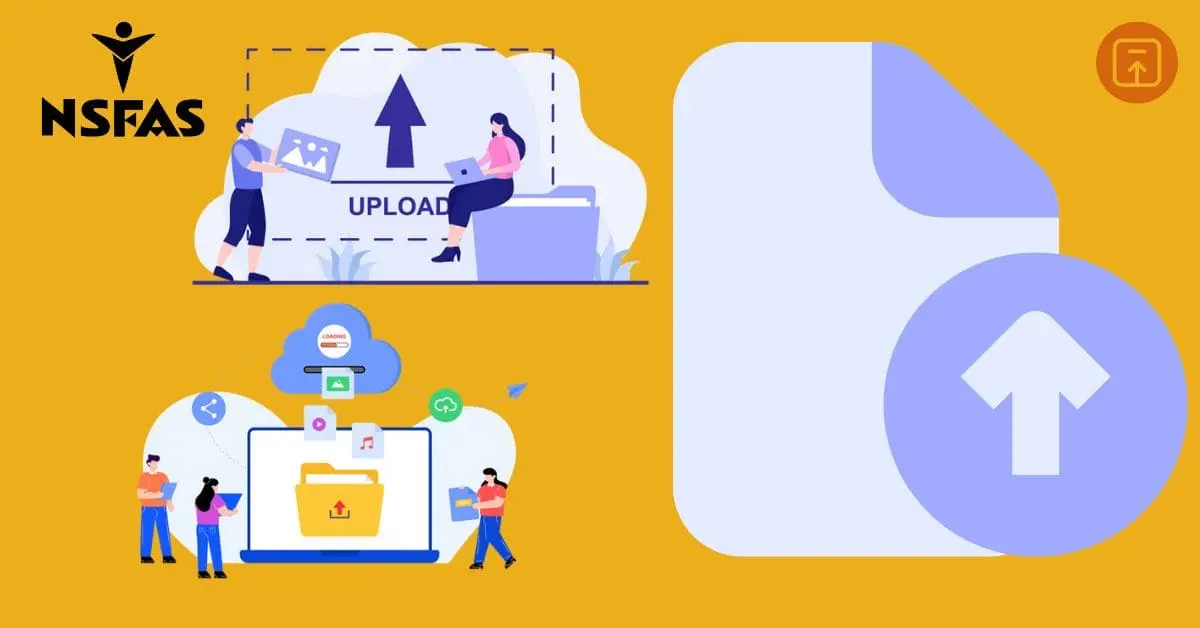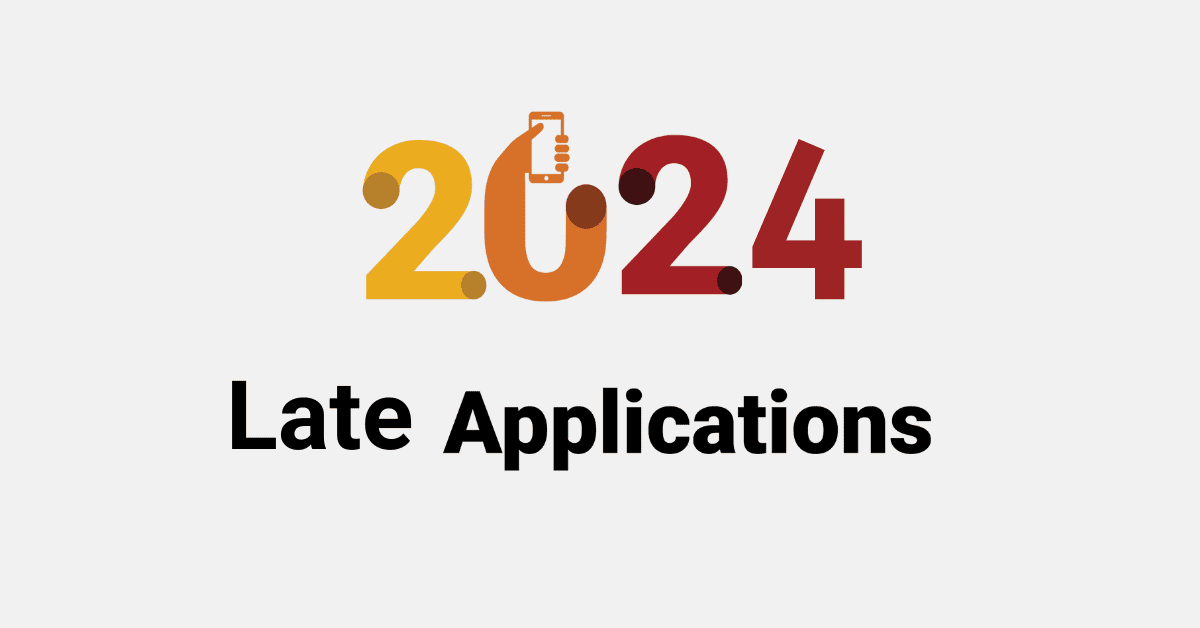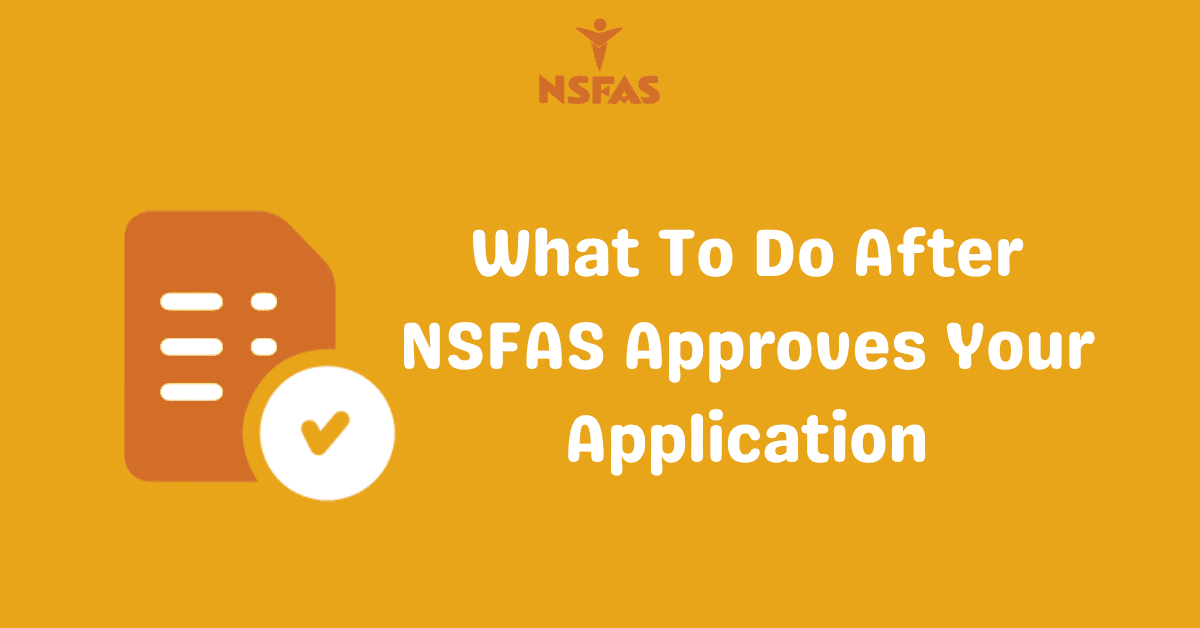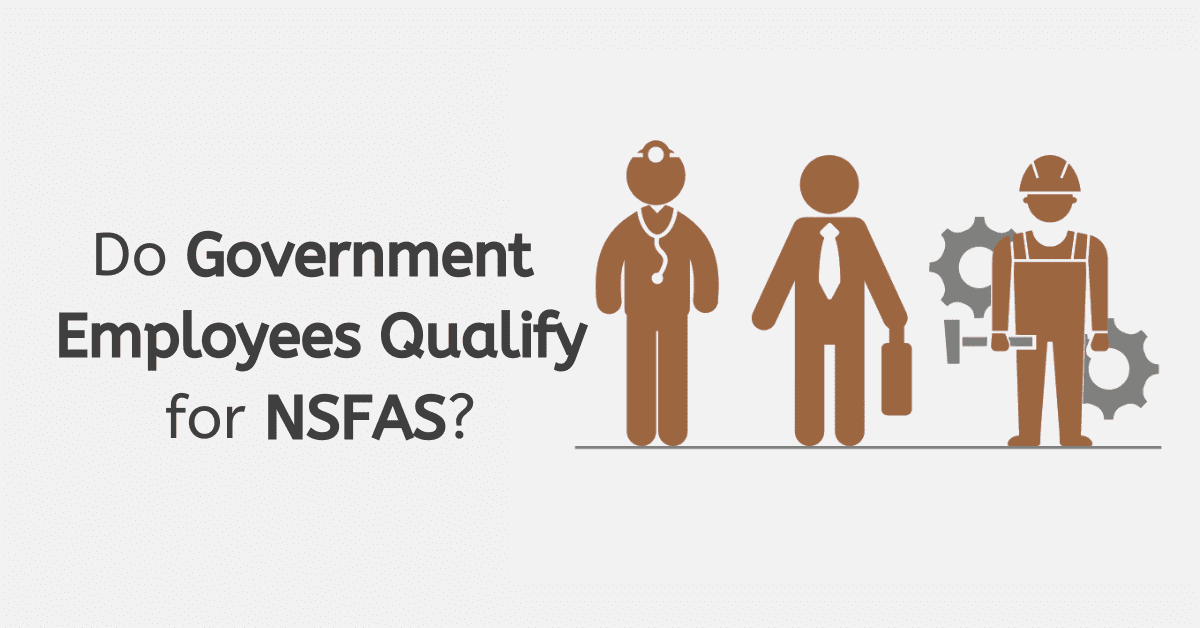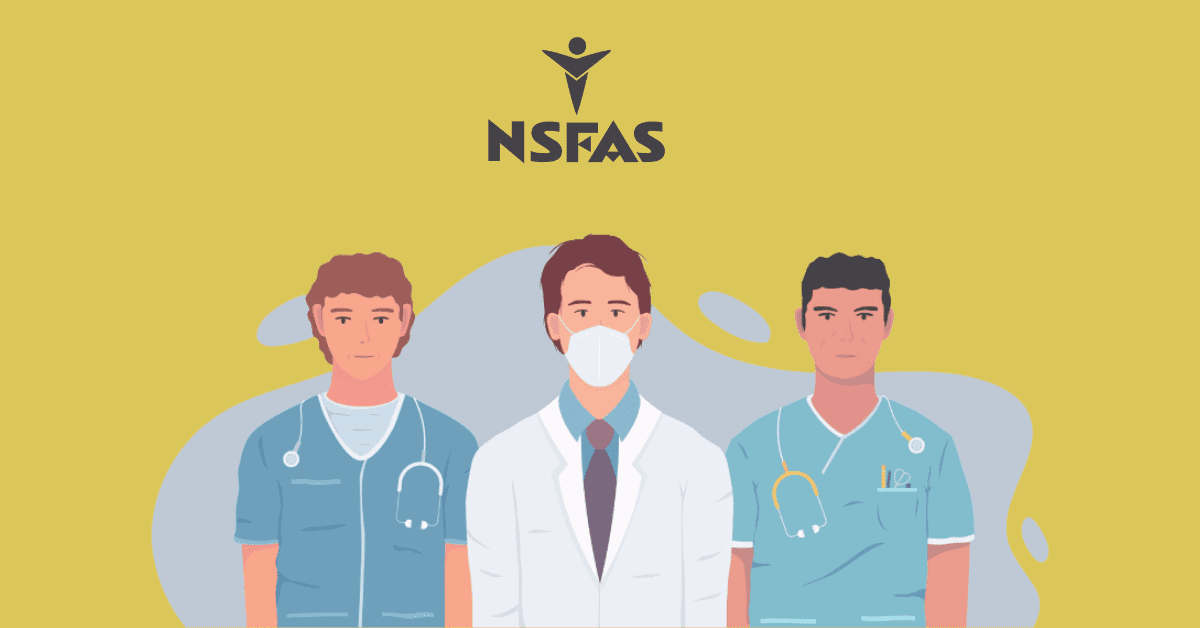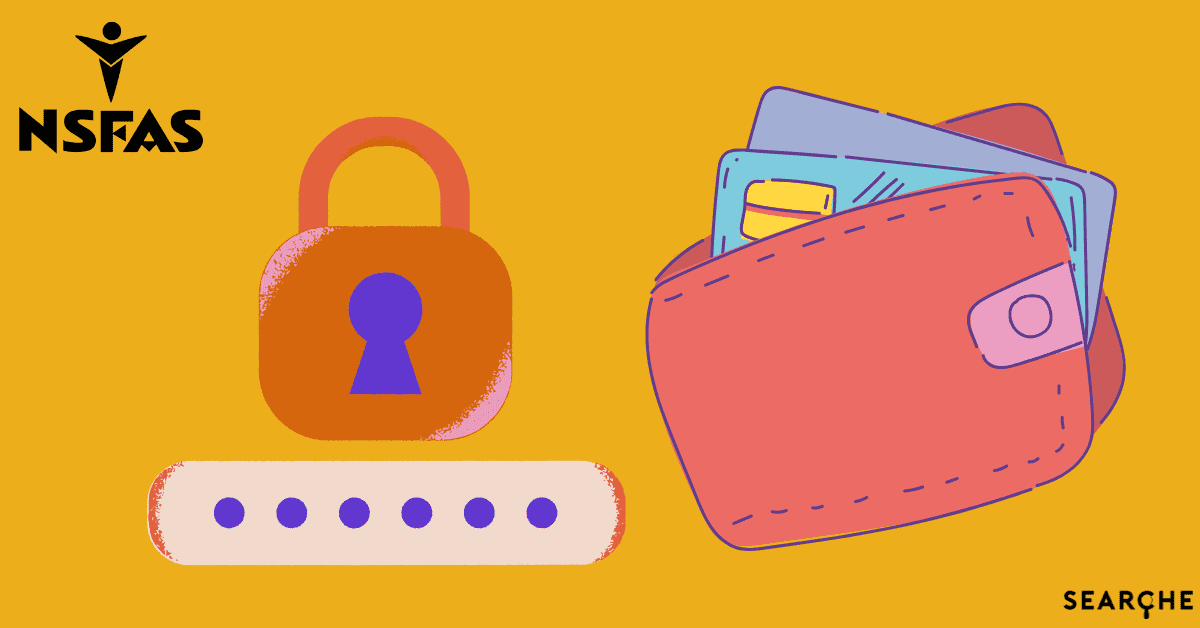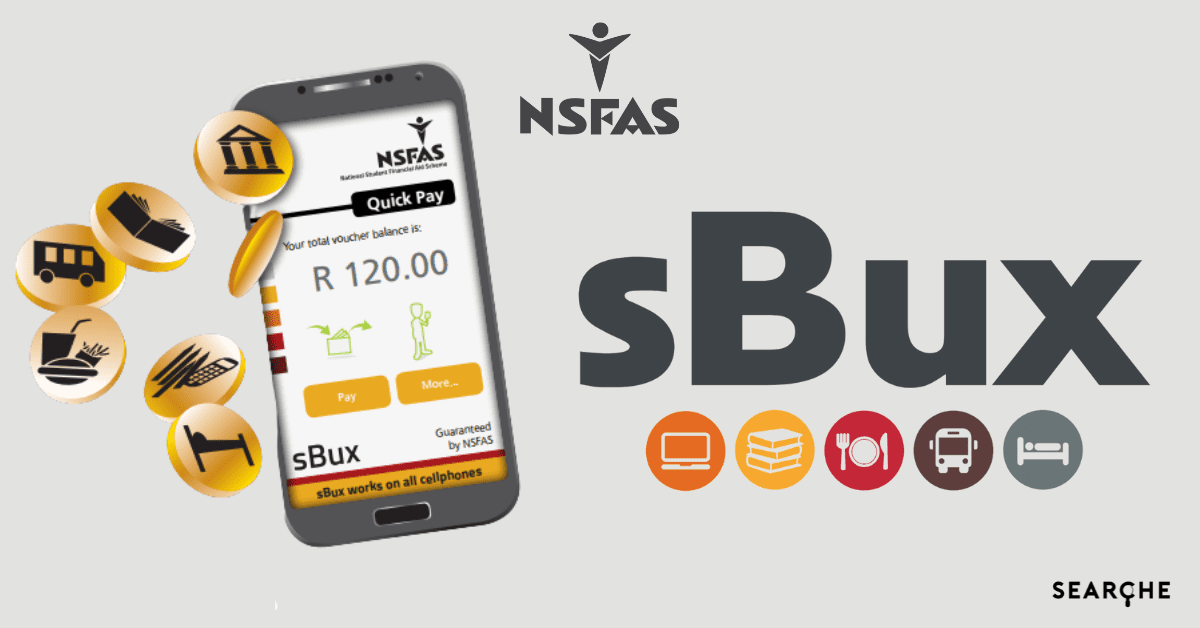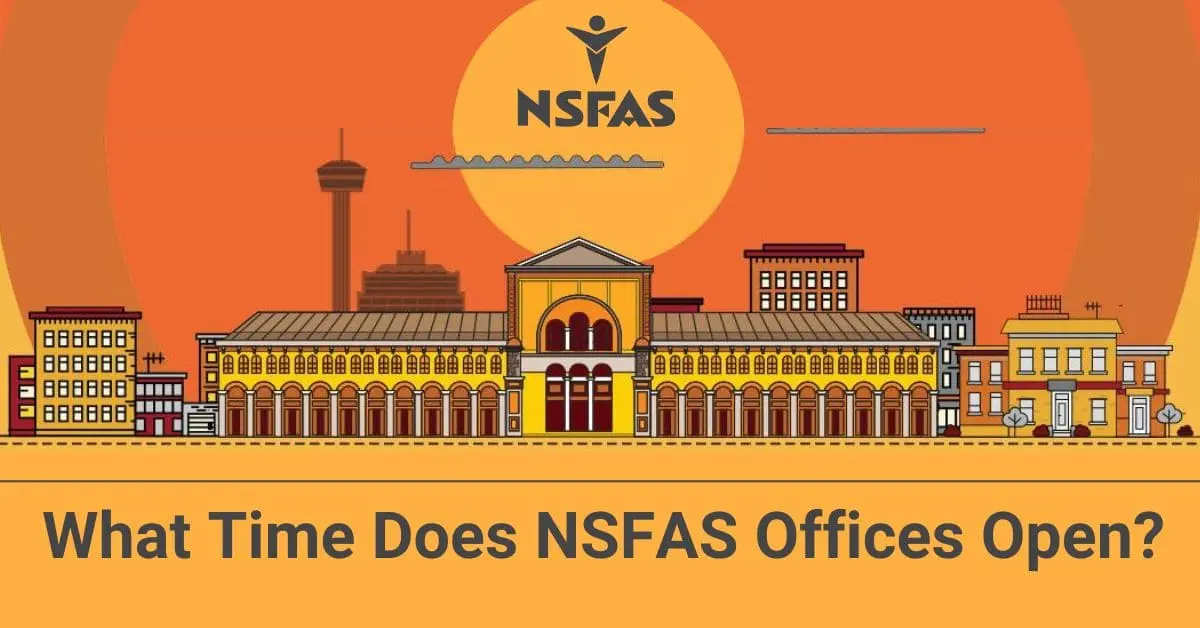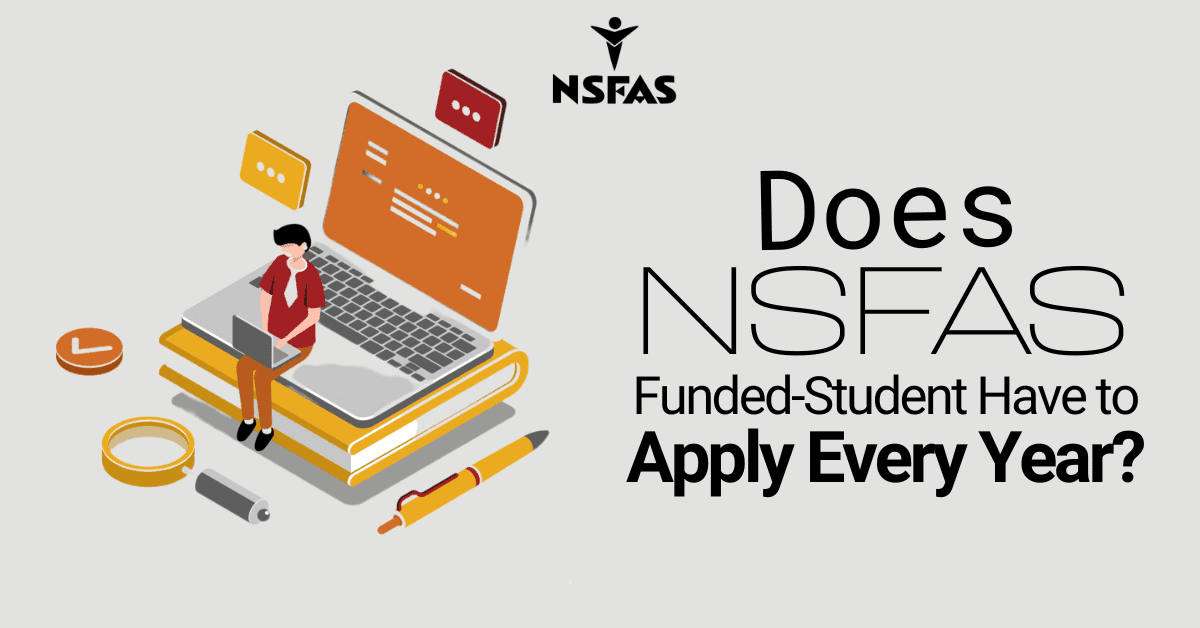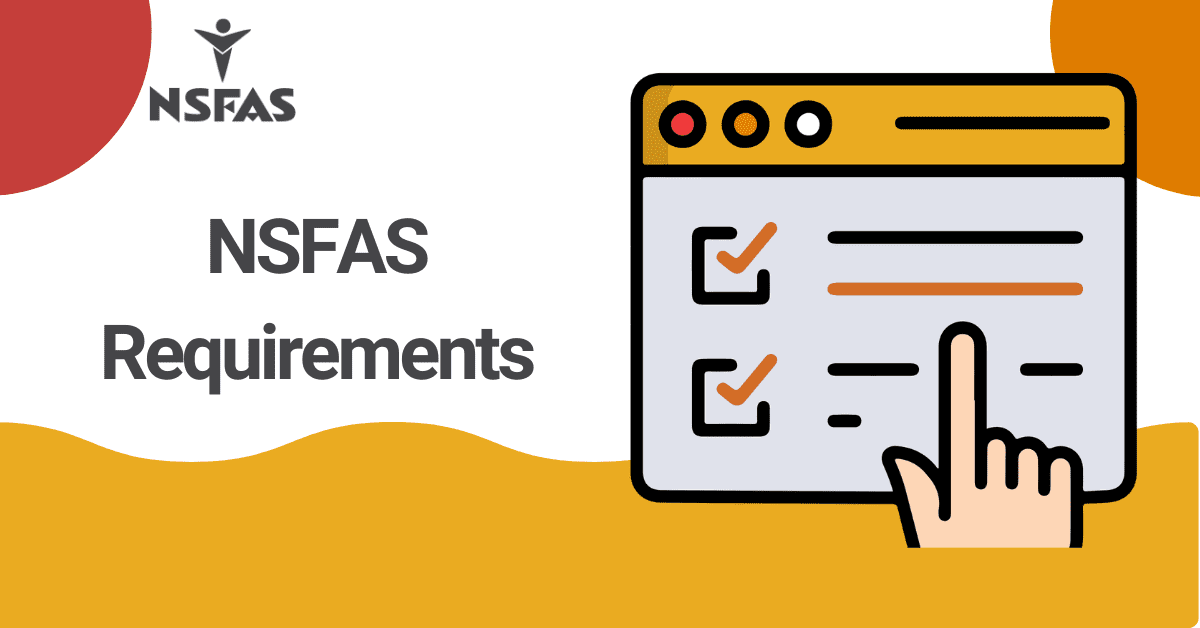National Student Financial Aid Scheme, NSFAS bursary, is a South African government-sponsored scheme designed to assist South Africans from economically disadvantaged backgrounds with necessary financial support for studies. This support is offered as bank loans, bursaries or school loans. Access to these facilities available under NSFAS is not automatically guaranteed.
As a result, interested individuals have to lodge applications for assistance. In the face of reduced funding for the scheme and the consequent high rate of rejections, it has become very necessary to understand the NSFAS appeal process. This article will discuss two key documents related to the appeal process: the appeal letter and the appeal email. At the end of the article, one should be well familiar with drafting these documents and submission procedures.
How Do I Write An NSFAS Appeal Form/Letter?
The NSFAS Appeal Letter is an important part of the appeal process that sets in the event where an application for funding has been rejected by NSFAS. It is attached to an appeal letter (available in portable document format) which is downloadable from the NSFAS website. The appeal letter is usually handwritten and should be written in a convincing fashion, convincing enough to cause a reconsideration of the initial decision by NSFAS. The appeal letter stated is part of a suite of documents which includes the following:
- A Proof of income to demonstrate financial need.
- A document to prove loss of funding channels, whether bursary or sponsorship, for the current academic session for which the support of NSFAS is sought.
- Academic records. This document is required to demonstrate academic performance. In the event that the performance is not up to scratch, an additional document explaining the context and circumstances of the performance is advisable. Typical circumstances include deeply personal losses or financial reasons.
- Proof of graduate studies application, as NSFAS actively encourages funding applications from students undertaking graduate studies.
It bears mentioning that applications are entertained from South African citizenship holders only. Again, submitting falsified documents is harmful to one’s chances of securing funding or having a rejection decision overturned.
That said, an ideal NSFAS appeal letter should necessarily highlight the following details:
- Study profile: This includes institution and year of study.
- Underscore the importance of NSFAS funding for your studies.
- Provide convincing proof of financial need: For instance, a sample letter sighted in the course of putting this article together had the writer attempt to explain his/her decline in marks from the previous session as a consequence of financial strains and psychological discomfort occasioned by the poor health of a family member.
- Demonstrate a passion for studies: In the sample letter referenced earlier, the same writer illustrated a commitment to improving on previously low marks
Appeal letters must be well written and thoroughly spellchecked to ensure they are free of grammatical and typographical errors as well, as these mistakes can harm one’s chances of securing a reversal of rejection. Furthermore, they must be submitted with supporting documents attached.
How Do I Write An NSFAS Appeal Email?
In the event of funding application refusals, applicants can alternatively mail their appeals to NSFAS using the email address applicationreview@nsfas.org.za. Appeals submitted through this medium must also include necessary supporting documents.
HOW Do I Submit An NSFAS Appeal Document?
The National Student Financial Aid Scheme (NSFAS) has simplified the submission process for appeal documents. To submit an appeal document, one has to undertake the following simple steps:
- Log on to MyNSFAS account
- Select ‘Track Funding Progress’ option in the subsequent interface
- Select ‘Application Progress ‘ tab. In the event that the application outcome is displayed as unsuccessful, proceed to step four.
- Click on ‘ Submit Appeal ‘ to submit an NSFAS appeal
- Successful completion of the previous step will result in the display of reasons for the rejection of the initial application for funding.
- In this step, the applicant proceeds to craft a letter outlining the reason for the appeal
- In this step, the applicant attaches necessary supporting documents for the appeal.
- In this step, the applicant selects ‘ Submit Appeal’ to complete the process.
What Are The Documents Needed To Appeal For NSFAS?
As a matter of necessity, NSFAS appeals are advised to have the following documents attached to them:
- Academic records (that is transcripts)
- Payslips not older than three months
- Medical records
- Death certificates (where necessary)
- Proof of loss of income
- Appeal letter (which has been discussed earlier)
Other documents may be required, depending on individual circumstances and cases. These documents include:
- Letter of retrenchment
- Divorce decree
- Termination letter
- Unemployment Insurance Fund (UIF) letter
- Certified copies of identification documents not exceeding three months
- Certified copies of identification documents of parents/guardians not exceeding three months
Acceptable identification documents include smart id cards, passports and driver’s licences.
Extra care must be taken to ensure that important documents are appropriately filled and clearly visible.
NSFAS Frequently Asked Questions
What are the funding options available under the NSFAS?
The National Student Financial Aid Scheme offers funding in the form of bursaries and loans. Loans are subject to repayments according to terms stipulated by NSFAS. Loan repayments commence upon the securement of employment. No time limit is prescribed for loan repayment.
What does the NSFAS funding cover?
NSFAS financial facilities cover study costs, primarily registration fees and tuition fees. However, certain forms of funding may guarantee additional costs such as living allowance, personal maintenance, housing, transportation and stationery.
How can I apply for NSFAS funding?
All applications for NSFAS funding are made at the NSFAS’ website, www.nsfas.org.za. These applications can be made with a smartphone, tablet or computer. Alternatively, applications can be lodged at a National Youth Development (NYDA) or Thursong Centre location as well.
How long does it take to get the outcome of an NSFAS appeal?
According to an NSFAS tweet dated 31 March 2026, NSFAS does not have a turnaround time for appeals. As such, applicants are advised to keep tabs on their mynsfas portal for updates on their appeals. That said, some appeals may receive decisions instantly or within two weeks. However, as stated previously, there is no definite timeframe.

